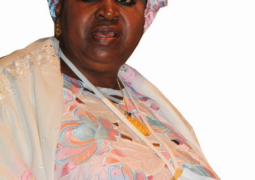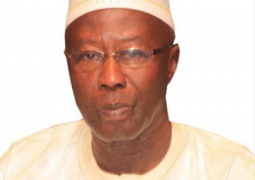Good morning, will you like to join me for some tea? What do you wish to have for your mornings? Hot tea or iced tea? How do you like it, with or without sugar? With or without milk? With or without lemon? Do you want something to go with it? Cookies, tea biscuits or bread?
These are everyday questions we unconsciously ask ourselves without even realizing it. Tea is somehow the oldest hot beverage since the beginning of time and as a result we drink it without acknowledging its importance. We usually drink tea when the weather is cold, when we have an interesting book that has hooked us from the beginning, when we enjoy a scenery or movie on TV or even when we are about to start a conversation. Tea is fast becoming a culture of the people in the Gambia. People have now deviated from the old breakfasts we ate, because a vast number of people have seen the effect it has on them. Even some conservative families who do not want imported tea, but only cherish the traditional ones do have access to the kinkiliba and mborrmborr. It is believed that not only can they serve as a hot beverage but a medicinal herb which cleans the body and heals certain diseases in the body. Some would argue that these local tea leaves are better than the imported ones.
Some people will agree that tea or coffee is the best thing to start your day with. Research has revealed that hot tea in the mornings always leave the individual feeling energized. Hot tea is good for the stomach as it stimulates and makes the individual ready to face a new day.
Tea ceremonies which have been preserved from ancient times open a window to distant cultures and ancient customs which have assimilated into various traditions and accompanied them up until today.
Tea is a customary drink worldwide. In Asian countries, drinking tea is an ancient tradition accompanied by a highly developed tea-based culture which is tied to art and local customs. Among Russians and Eastern Mediterranean inhabitants, tea became a prevalent drink long after the flourishing tea culture developed in China, and yet many years before Europeans tasted it for the first time. The tea ceremonies are the crowning glory of the tea culture.
They set it apart and glorify it and give a symbolic meaning to the importance of tea in society and local culture




